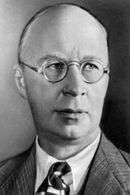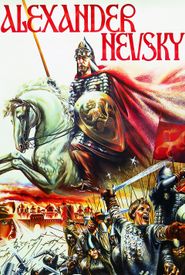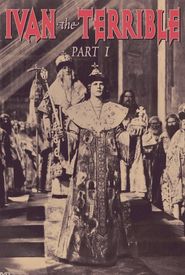Prokofiev, a multifaceted individual and trailblazing composer, demonstrated exceptional versatility from a young age. He honed his piano skills under the guidance of his mother, while his father taught him the intricacies of chess. As a testament to his passion for both, he often kept a chess set on his piano and engaged in matches with renowned chess champions of his time.
Prokofiev's academic pursuits were marked by distinction, as he studied music under the tutelage of Nikolai Rimsky-Korsakov and graduated from the St. Petersburg Conservatory with the highest honors in 1914. His impressive academic record earned him a grand piano, a testament to his exceptional talent. Following the Russian Revolution, Prokofiev emigrated to Europe and the United States, where he embarked on successful concert tours.
In 1918, Prokofiev met his future wife, Spanish singer Carolina Codina (Lina Llubera),in New York. The couple married in Paris in 1923 and had two sons together. Prokofiev's irrepressible optimism and childlike personality shine through in his beloved orchestral suite "Peter and the Wolf" and the "Classical Symphony". His wit and humor are evident in piano pieces such as "Sarcasms" and his five piano concertos, ballets, and film scores, all written in his unique and instantly recognizable musical language.
Prokofiev's oeuvre includes film scores for The Czar Wants to Sleep (1934),Alexander Nevsky (1938),Cinderella (1961),and the two-part Ivan the Terrible, Part I (1944),directed by Sergei Eisenstein. However, his music created outside of the Soviet Union was sometimes criticized as cosmopolitan and anti-Soviet.
Prokofiev's personal life was marked by significant events, including his divorce from his wife in 1948. His ninth sonata, dedicated to Svyatoslav Richter, was warmly received, but his music and life were subject to increased scrutiny from official critics beginning in 1948. Tragically, Prokofiev passed away in 1953, the same day as Joseph Stalin.
























